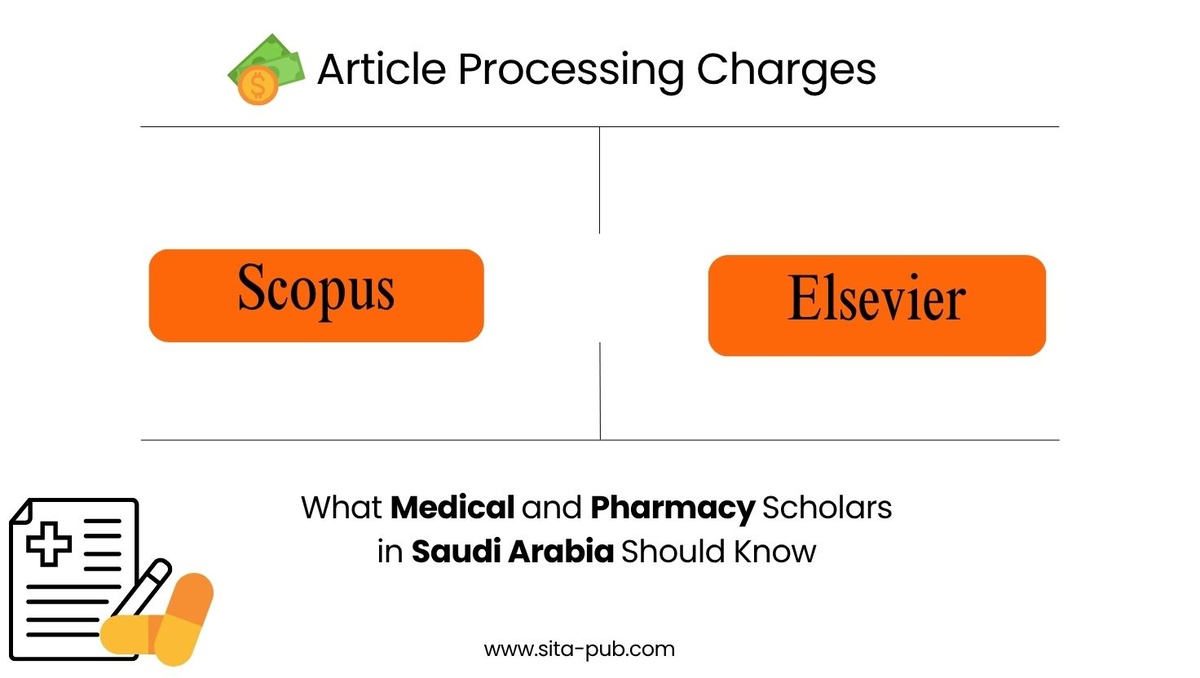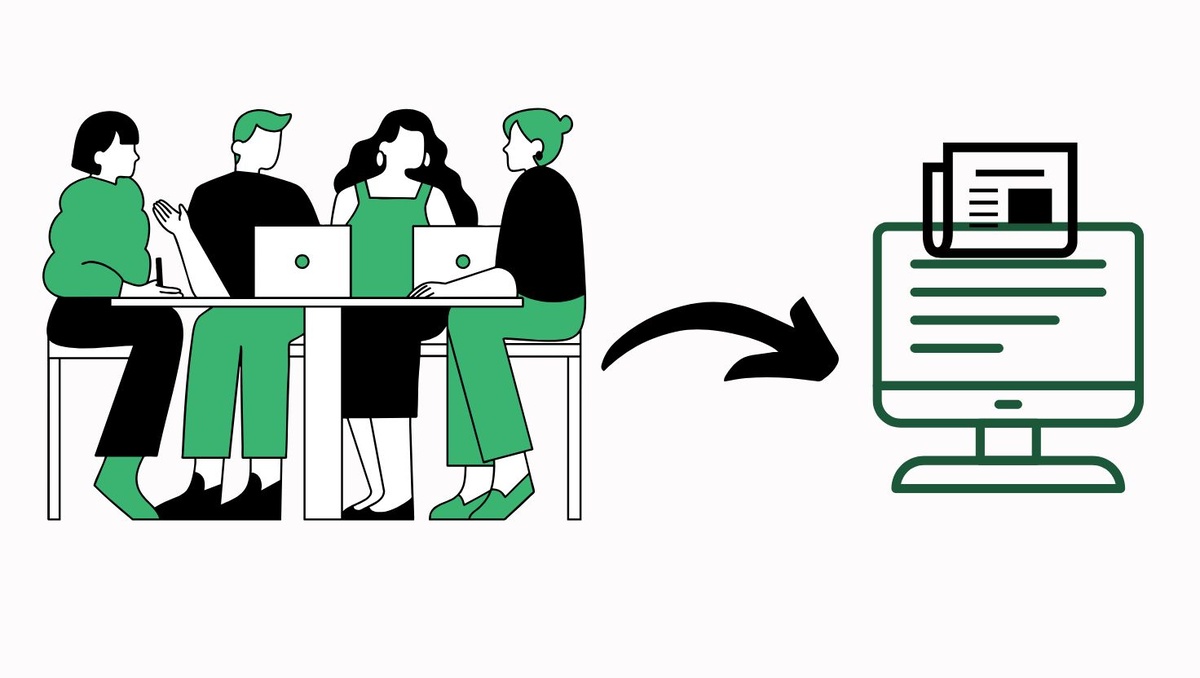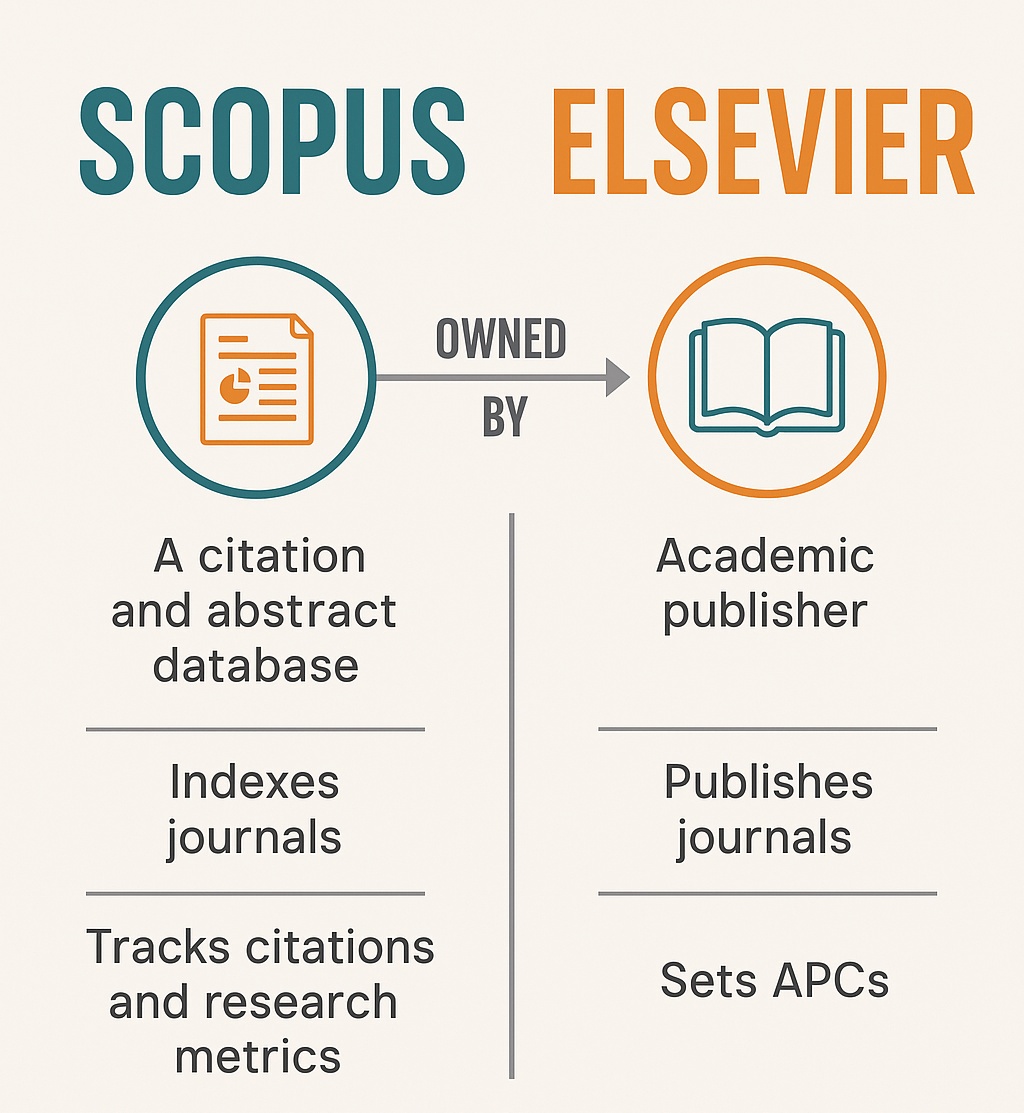Scopus Journals and Article Processing Charges: What Medical and Pharmacy Scholars in Saudi Arabia Should Know


Publishing research in top scientific journals is a major goal for many scholars. For researchers in Saudi Arabia—especially those in medicine, pharmacy, nursing, dentistry, or health microbiology—Scopus-indexed journals are a popular and respected choice. Whether you're writing a case report or a systematic review, understanding the costs involved—particularly article processing charges (APCs)—is essential. Being aware of these fees can help you make informed decisions and increase your research visibility through platforms like Web of Science and Google Scholar.
Table of Contents
What Are Article Processing Charges (APCs) for Scopus Journals?
Understanding APCs and Their Purpose
How Much Do Elsevier Journals Charge for Publication?
APC Examples Relevant to Medical and Pharmacy Fields
What Is the Relationship Between Scopus and Elsevier in Academic Publishing?
Roles and Responsibilities Explained (With Table)
Do You Always Have to Pay a Publication Fee in Scopus or Elsevier Journals?
Diamond Open Access, Hybrid Journals, and APC Waivers
Where Should You Publish? (For Medical and Pharmacy Scholars)
How to Choose the Right Journal and Get Support
How to Get Started
What Information You Need to Provide for Personalized Journal Recommendations
An APC is a fee charged by some journals to publish your article, especially when it's open access—meaning it’s free for anyone to read online. These fees cover services like:
Peer review
Editing
Layout and typesetting
Online publishing and hosting

Many Scopus-indexed journals require APCs, especially in Elsevier publications.
Globally, APCs range from $500 to over $5,000 USD, averaging around $1,558 in gold open‑access journals and approximately $2,467 in hybrid titles.
Elsevier APCs vary widely based on subject, journal prestige, and article type.
Examples relevant to Saudi researchers include:
Saudi Journal of Biological Sciences (Health Microbiology): $1,490 USD
Journal of Infection and Public Health: $2,310 USD
Journal of Taibah University Medical Sciences: $625 USD
Elsevier's APC range is $150 to $9,900 USD, depending on the journal and article type
Publishing a paper in a recognized scientific journal involves several steps—from writing and submission to peer review and indexing. Two key players in this process are Elsevier and Scopus, each with distinct roles:

Role | Elsevier | Scopus |
Function | Academic publisher that manages journals | Indexing and abstracting database |
Owns | 2,500+ journals across disciplines | Scopus itself |
Responsible for | Peer review, article processing, final publication | Indexing published papers, tracking citations |
Involved in | Setting APCs (Article Processing Charges), journal guidelines | Citation metrics (h-index, impact factor alternatives) |
Output | Published articles (PDF, HTML, online access) | Citation data, researcher profiles, journal rankings |
Let’s break it down using an example relevant to medical and pharmacy researchers in Saudi Arabia:
You write a case report in health microbiology and submit it to an Elsevier journal. If your paper is accepted:
Elsevier handles the peer review, editing, and publication.
Once published, Scopus indexes your article, making it searchable to researchers worldwide.
Your paper becomes visible on Google Scholar, Web of Science, and academic portals used by universities in Kingdom of Saudi Arabia.
No, you don’t always have to pay a publication fee. Whether you pay depends on the type of journal and how it publishes content. Here's what you need to know:
These journals do not charge any fees to authors or readers.
You can publish your research without paying an Article Processing Charge (APC).
Anyone can read your paper online for free.
These journals are rare but valuable—ideal if you're on a budget.
Hybrid journals give you two options:
Option 1: Publish your paper behind a paywall (no fee for you)
Option 2: Make your paper open access (pay an APC)
If open access is not required by your university or funder, you can choose the free option.
Elsevier works with institutions and countries to offer fee waivers or discounts, especially for:
Authors from certain countries (including some in the Middle East)
Universities that have agreements with Elsevier
Funded research programs that cover APCs
Tip: Always check the journal’s website or contact the editor to ask about waivers or publishing without fees.
Identify a journal that matches your specialization and budget, while ensuring it is indexed in Scopus and Web of Science, and visible on Google Scholar. You can get expert assistance from support services like SITA Academy, which specialize in guiding researchers through the journal selection process.
Here’s what you need to do:
Send us:
Your department/field (e.g., pharmacy, nursing, microbiology)
A short summary or scope of your study
Whether you need open access or are okay with subscription publishing
We will analyze your research and provide:
A list of Scopus-indexed journals
APC and fee details, including geographical pricing and waivers
Guidance on submission format and open access options
You’ll receive tailored recommendations—APC-free (diamond), low-cost, or hybrid—suited for researchers in Saudi Arabia.

Send Your Paper Abstract |

Receive Journal List |

Select Your Journal |

Start the Publication Process |
If you have any questions, inquiries, or would like to learn more about our services, please don't hesitate to reach out to us. Our dedicated team is ready to assist you.